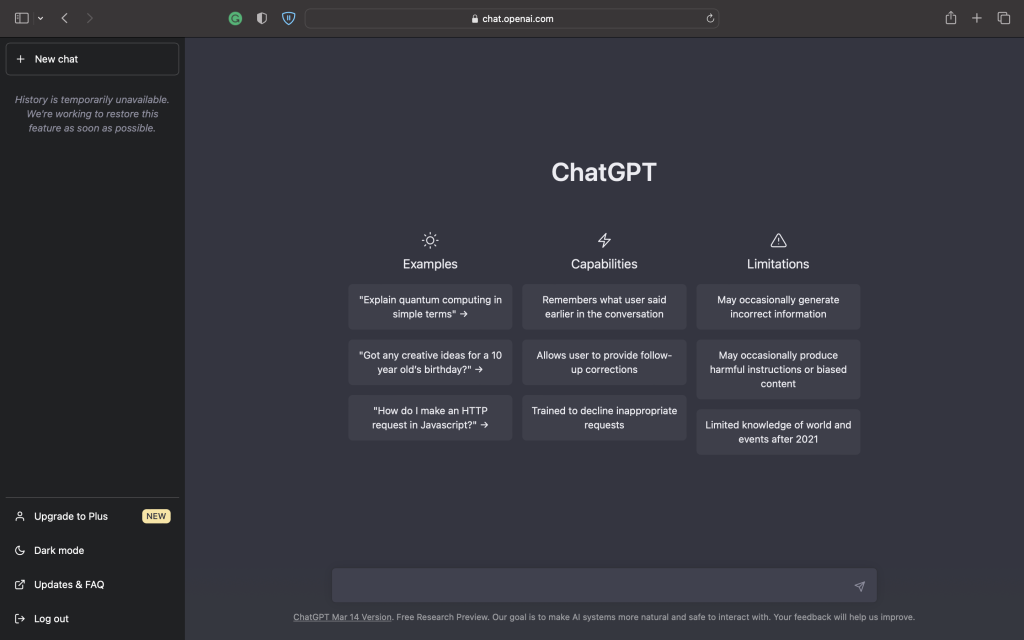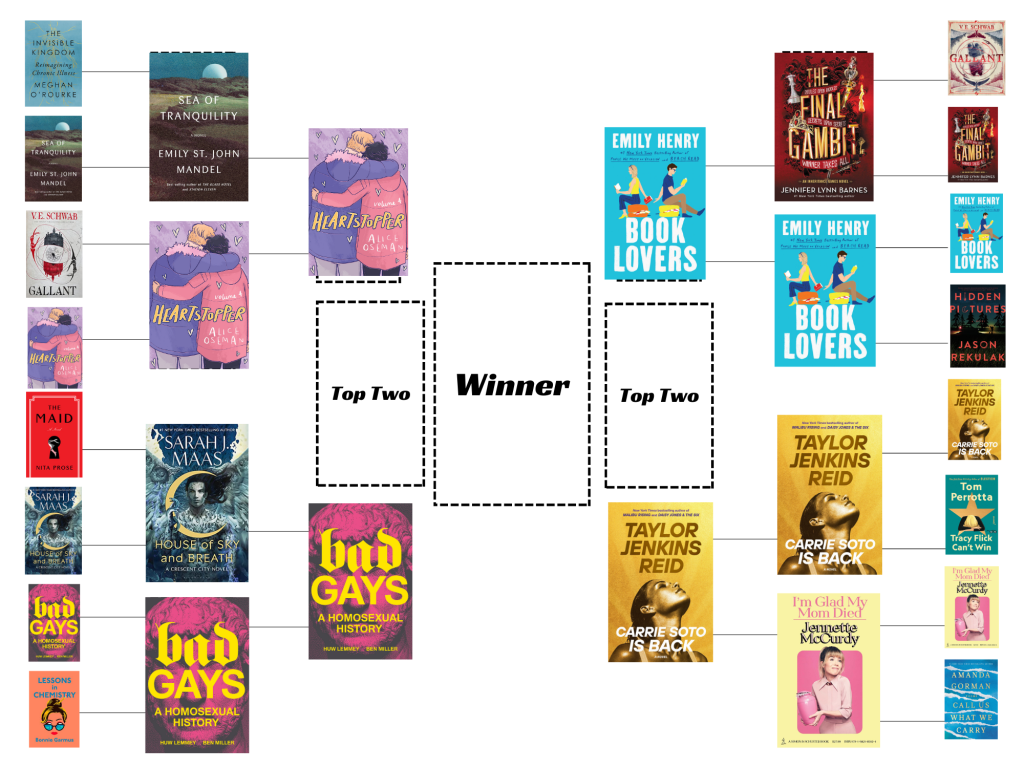When I started my first year at McGill, I had many presumptions about a library and its uses. I had a clear picture in my head of what the McGill Library would be; a quiet place to study surrounded by barely used books. However, after visiting the libraries and seeing the atmosphere, my expectations of the Library were off. Here is a short list of a few expectations possibly many other students have about studying at McGill, compared to the reality of it all!
The Methods of Research
Growing up, students were often told stories about the “good old days” by their parents. One variation of these stories was that they would have to physically go to a library to research for their projects, scanning through hundreds of books to find the perfect source. This deemed libraries as old-fashioned and useless now that we can access search engines like Google.
After studying for a few months at the McGill Library, it is clear that this is only sometimes the case. Although we do still have access to the thousands of valuable books within the libraries, we also have access to so many more sources. Students can access many resources through the McGill Library website, such as ebooks, videos, articles, guides, and more! No matter the project, the Library makes it easy for students to find exactly what they want.
The Librarians
In fiction, librarians are often portrayed in a mostly negative way. They’re just the strict old ladies that shush everyone in sight. These depictions are seen in most television programs, causing students to dislike these workers when they go to the Library. Librarians, however, are not at all like this. In reality, the librarians at McGill are the complete opposite! They care about all of their students and are always there to help. Whether it be to find the right resource, check out a book, or get help with a paper, the various librarians at the McGill Library ensure that students have a sound support system in their academic journey.
The Different Aspects of the Library
Although I have already mentioned the expectations of the research done within a library, there are also notable differences regarding the reality of the role of a library itself. Many people believe that the only thing a library is used for is studying and researching for projects.
The McGill Library offers many events and fun things for students and the community. These include monthly activities, such as Game Nights, various workshops on a multitude of topics, hosting events, and many more! There is always something interesting going on in the Library, making it much more purposeful than we make it out to be.
Study Spaces
Lastly, it is often expected that libraries are tranquil places to study. Students are usually limited to complete silence so as not to disturb people around them, making it difficult for people who prefer to study in a busier environment or want to do group projects with their peers.
To allow for a wider variety of study spaces, the McGill Library offers various study spaces for students to choose from. Whether you prefer complete silence, an area with some talking or a private room to study with your friends, the Library has you covered! Many Study Spaces are available for students all over campus, so you’re sure to find the perfect one for you!






